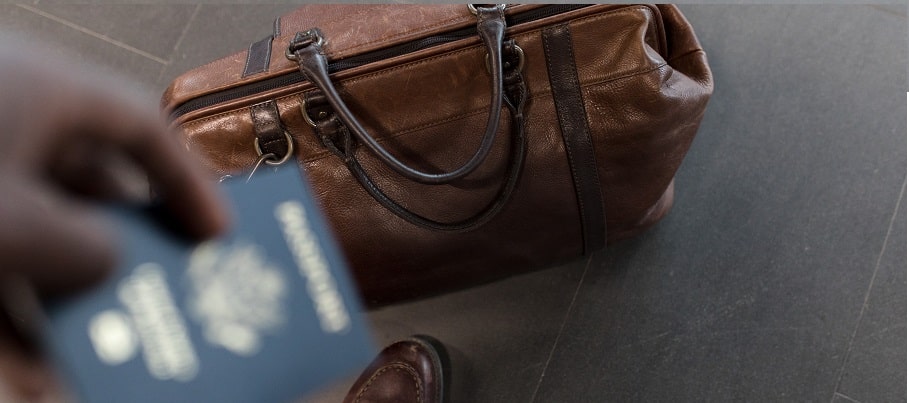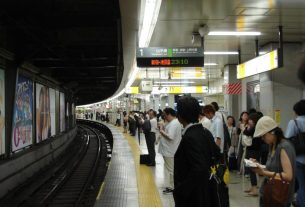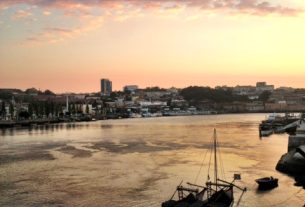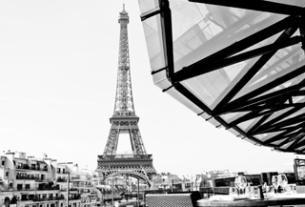“Is there anything more difficult than talking about yourself? I can summarize by saying that I am a person who likes to travel, like most people here”, says the creator of the blog No Mundo da Paula.
This is how the Bahian from Salvador, Paula Augot, begins our chat. The desire to travel came a long time ago. Since she was a child, she has always been curious to know the world. Paula says that she loved hearing stories about the customs of people from other countries and dreamed of the day when she would visit some of these places.
And it was from this desire that the blog was born. Today, she lives in Hong Kong.
Life in Europe and China
Paula has lived in places that many people would like to live. On her blog, she tells a little about her experiences and what her life was like during these almost 10 years away from Bahia.
“Before Hong Kong, I lived in Paris and London, and they were incredible experiences. Being able to live in cities so old, so rich in arts and history makes you appreciate these things even more. I think it started with a passion for France, when I was 15/16 years old and that led me to study French. In 2008, I left Brazil on a student visa to go to France”, says Paula.
From Bahia, in addition to its ancestry, it has other great attributes. “I think I still have a very Bahian smile (laughs) and musicality is certainly always with me. Hong Kong came into my life because of my husband’s job. He received a job offer, and I, who love different places, didn’t object.”
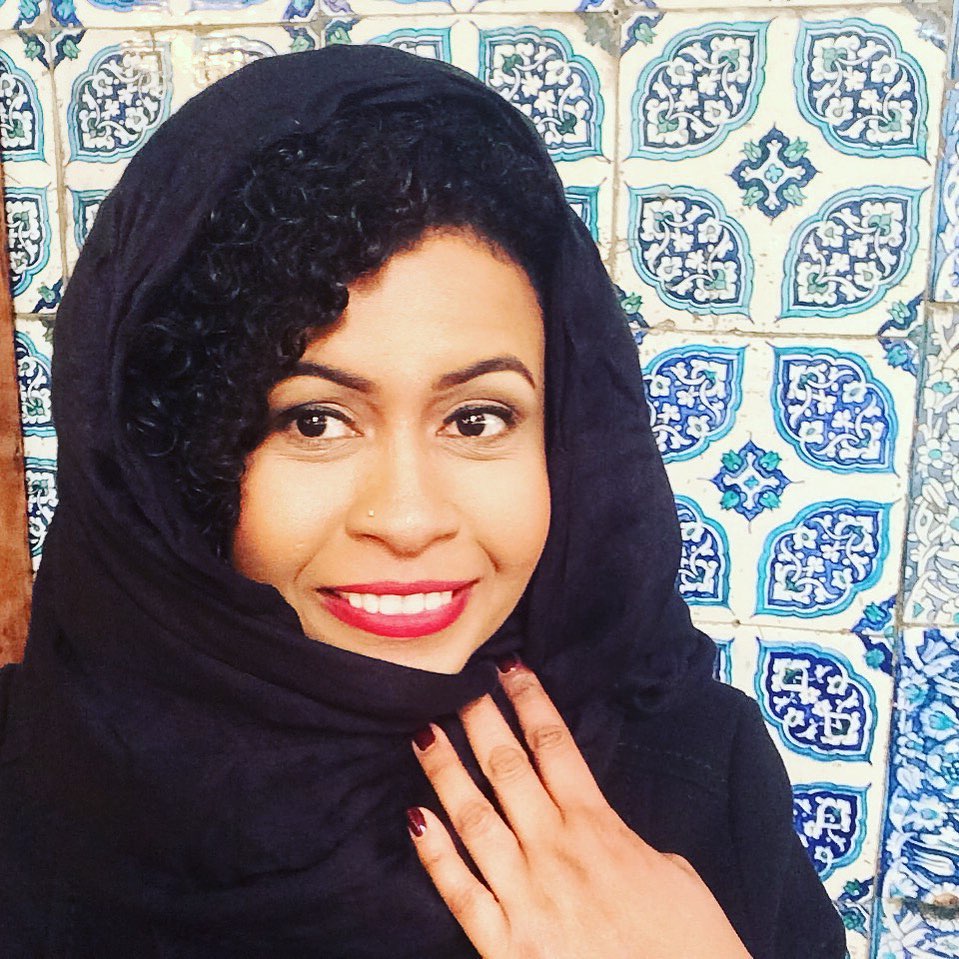
Among the 17,000km that separate Salvador from Hong Kong, a world.
“The truth is that all places have good and bad things, although this seems like a cliché answer. Between Brazil and Asia, there are huge differences, of course, but I think the biggest difference is that here I am much more different from people living in Brazil or Europe. Once your mind has learned to deal with differences, everything becomes easier.”
She can’t even remember a big shock with moving to the other side of the world: “Hong Kong is much more westernized than other Asian countries. One of the things that enchants me here is the mix of modern and old. See skyscrapers mixed with traditional tea shops. It’s seeing many differences coexist relatively well in one space.”
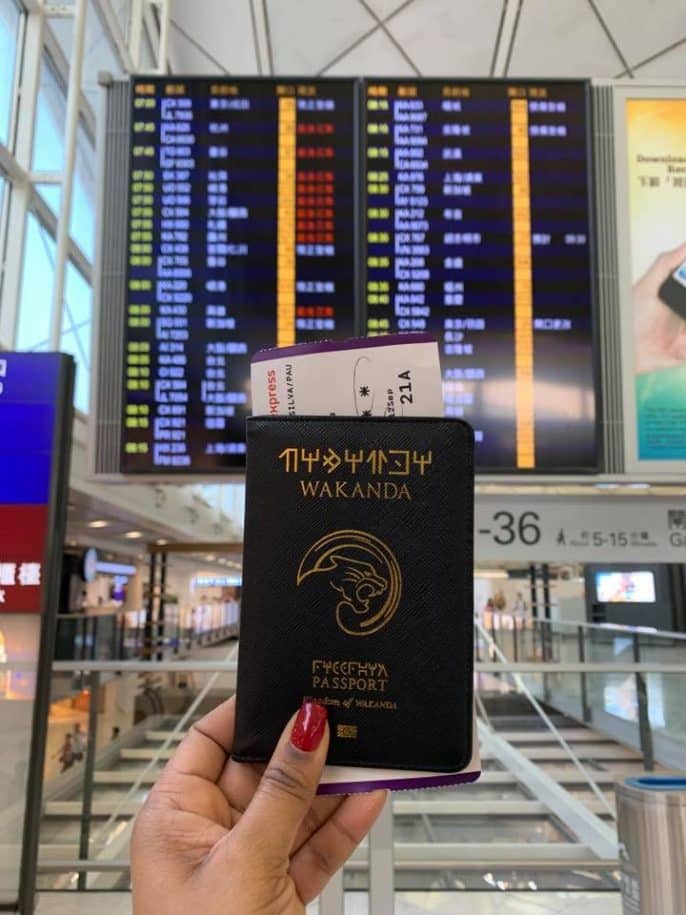
Istanbul and other special places in Mundo da Paula
“Istanbul is one of those cities that I already loved before I met, and the day I set foot in it the love only grew. Istanbul is a mess, it’s love, it’s hate, it’s modern and traditional, all of this mixed with some images I already had in my mind about the city.” This is an excerpt from the Love Letter that Paula wrote to Istanbul.
“There’s not much to have a rational answer when it comes to love, is there? I could talk about the food, the friendliness of the people and the historical importance of the city, but all of that is secondary.”
Paula says that, in addition to Istanbul, there are several favorite places in her heart, and one of them is saved especially for South Korea. “South Korea represents a lot of what our imagination has of Asia, with education and organization, and more people speak English than in Japan and China, for example, which makes it easier for sad people. From a historical point of view, it is a very rich country too, and in Seoul alone there are 5 palaces to visit.”
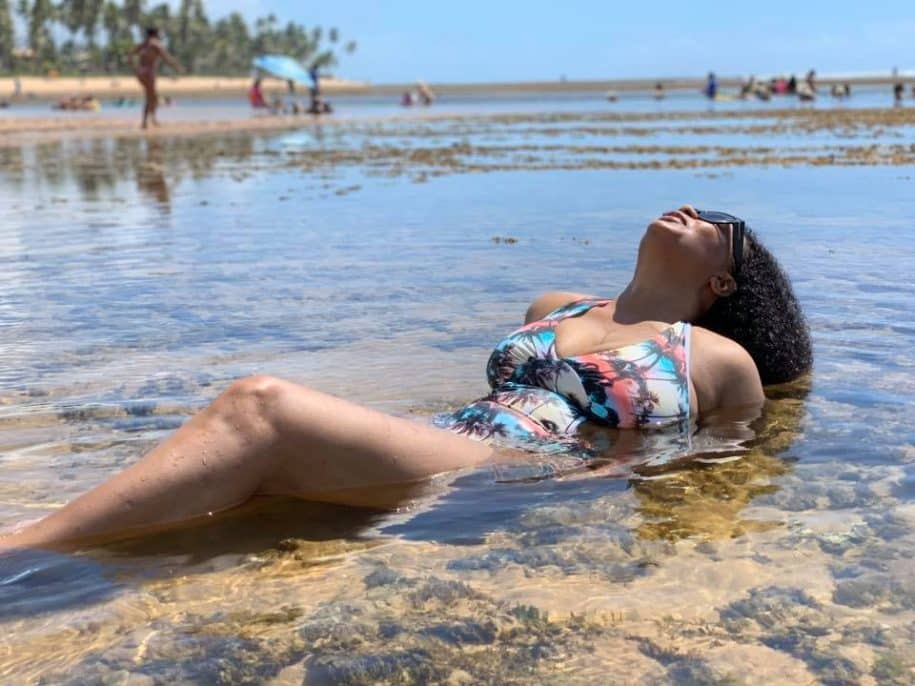
In Paula’s World: talking about black travelers and racism
Upon finding few reports talking about what the experience of black bloggers is like, Paula saw an opportunity to talk to a large portion of the traveling population and add her experience to this debate.
“In the beginning, I was afraid to write about it, after all, it’s not easy to write about some painful memories, is it? As time went by, I felt a little obliged to show that for us, black people, traveling almost always involves researching racism and racial violence in some countries.”
Sharing experiences and tips about destinations caused the public to respond positively, in the overwhelming majority of cases.
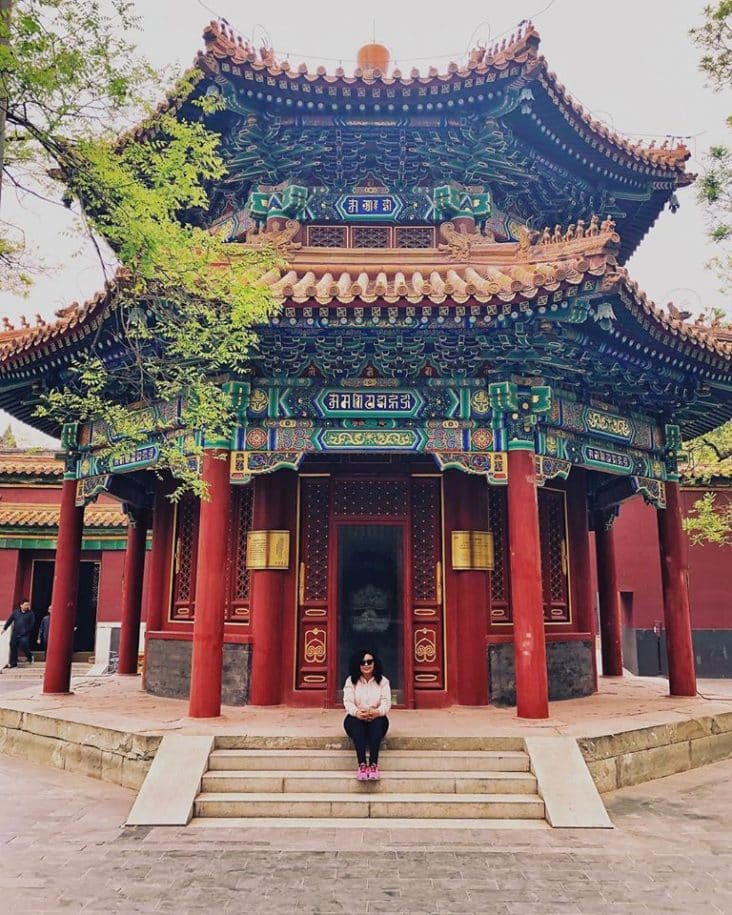
“Many black readers send me comments, thank them, express their solidarity and share their experiences with me. There are also haters, people who minimize, and surprise me: those who want to teach me what racism is, and also try to convince me that racism does not exist in Brazil.”
This representation is of fundamental importance to anyone who wants to debate racism and show that it is, indeed, possible to put a backpack on our back and get to know the world.
“It’s knowing that we are not alone in the world (and in the fight!) It’s seeing that the concerns that I have, other black people also have. It’s showing other black people that we can travel too.”
On the YouTube channel, Paula tells a little about her experiences in different locations around the world. The video below is worth checking out.
As a black woman who often travels alone, Paula has experienced racism when traveling and shared the experience on her blog. And she draws attention to an issue that not everyone can understand.
“The relationship between racism and travel is something that never crosses the mind of a white person, but that we black people always worry about. A black traveler always has doubts and fears about whether they will experience racism in certain places – and in some cases even change destinations.”
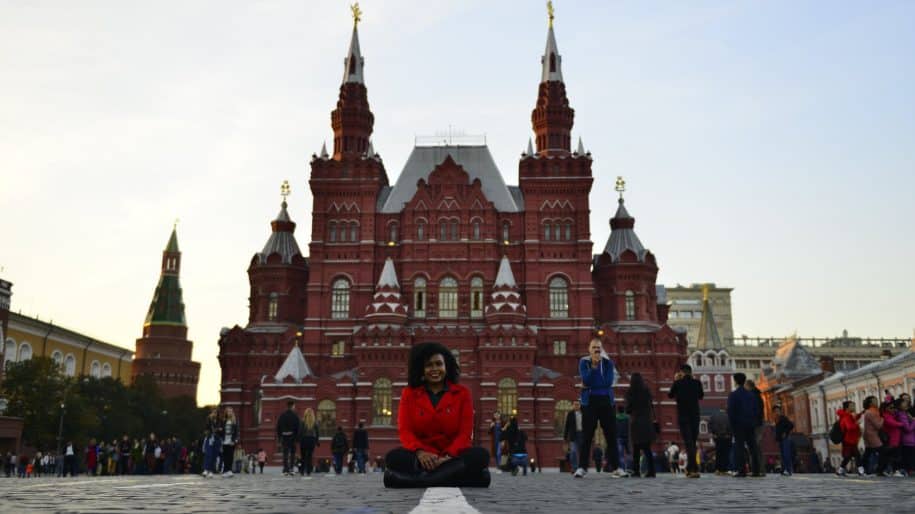
Paula says that she went through an episode of racism in Finland that was somewhat painful. “Finland tops my list of the most racist countries in Europe, because it was the only place where I feared for my physical integrity, I felt very scared and thought it would become another statistic of hate crimes that have returned with force.”
She talks about her experience in this text here: “Are Finns racist”?
“After that, I spent a few months afraid of traveling alone. My first trip alone after all this made me see that, despite the hardships, there are still many hospitable people in the world.”
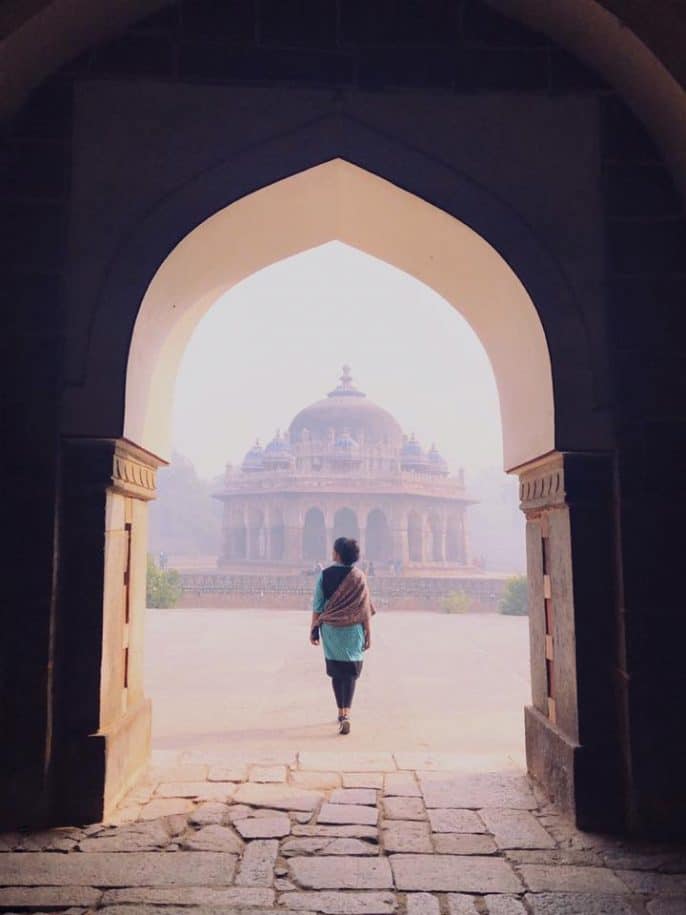
Did you like the blog and want to know more? Keep an eye on No Mundo da Paula’s social media:
Site
Facebook
Instagram
Twitter
YouTube
The Voices
Vozes is a special newsletter, sent every fortnight, where we tell stories of extraordinary people and projects, who use the world of travel to transform the world. From time to time the content is published here on the blog too, but if you always want to receive the texts, and first hand, subscribe to our newsletter. It’s free and you also get an ebook full of tips for planning your first trip abroad.


